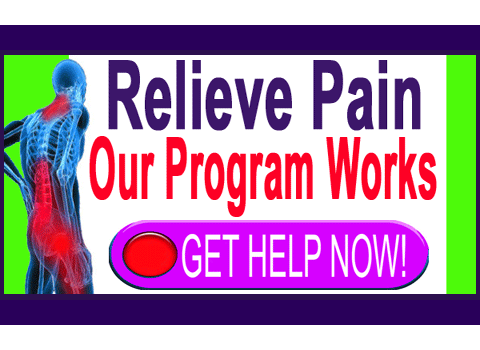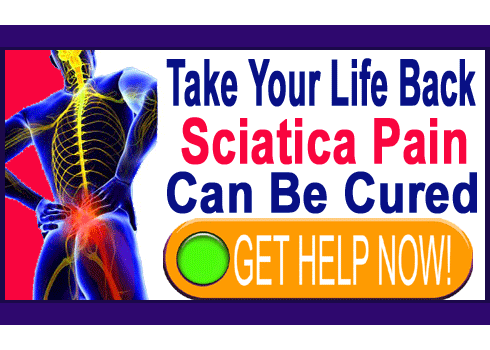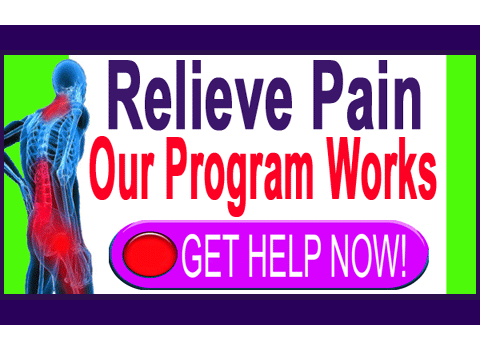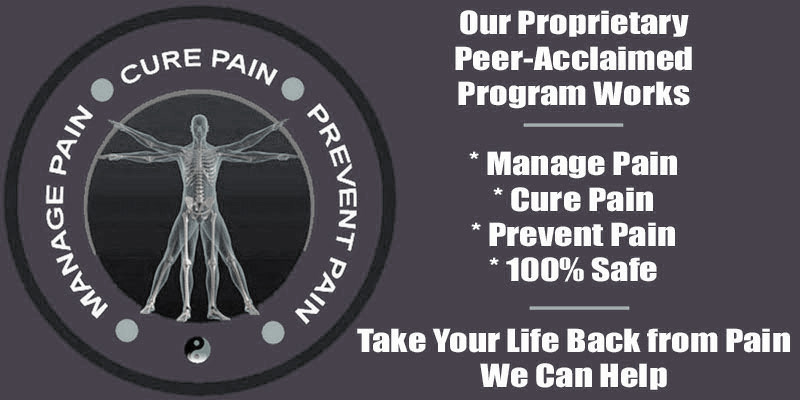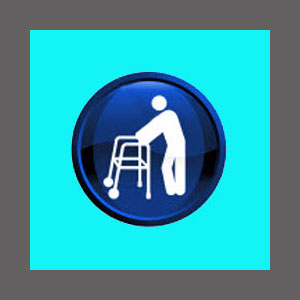
Being disabled by spinal stenosis is a topic of great concern to anyone who has been diagnosed with a significant and symptomatic canal narrowing condition. Disability is an all-too-common result of many back and neck pain syndromes and stenosis is no exception to this rule. In fact, spinal stenosis has one of the highest rates of disability among patients, due to the potentially catastrophic health effects it may enact in the worst severities of the condition.
Not all is grim however, since spinal stenosis treatment also demonstrates better than average results compared to other serious back and neck pain diagnoses. Although some people may require surgery in order to recover, at least the procedures used do have hope to resolve the narrowed canal and prevent the seemingly inevitable disability which befalls so many fellow patients.
This essay provides an overview of disability caused by central and foraminal spinal stenosis conditions.
Disabled by Spinal Stenosis Causes
Most patients become disabled with spinal stenosis due to the neurological effects of canal narrowing, while others merely succumb to the pain. Severe cases of stenosis in the neck or lower back may prevent patients from standing, walking or doing much of anything physical. Additionally, the pain involved in movement is also commonly debilitating. It is for these reasons that achieving a legal pronouncement of disability is not overly difficult for severe stenosis conditions.
Other patients become disabled after seeking surgical intervention for their problematic stenosis. In these instances, the surgery itself may have caused nerve damage, scar tissue or simply poor results which have left lasting and possibly permanent physical restrictions.
Regardless of the actual underlying source, disability is always a sad state which can entail not only physical effects, but psychoemotional consequences, as well.
Disabled by Stenosis Treatment
For patients who have yet to undergo drastic therapy for their disabling stenosis, surgery is almost always close on the horizon. The only possible exceptions include patients who are contraindicated from operative treatment due to health risks or other reasons. Most patients will undergo spinal stenosis surgery in order to hopefully resolve the narrowed canal and eventually remove the present physical limitations from their lives.
For patients who were disabled by surgery, there is not much hope for a cure. Sure, many patients do undergo additional procedures in an attempt to correct damage which may have been done the first time around, but these operations statistically rarely fare well.
Many of these patients must resign themselves to living with functional impairment and possibly chronic pain for life.
Disabled by Spinal Stenosis Help
I completely understand the predicament of anyone who is disabled or seeking to be classified as disabled due to spinal stenosis or any of its drastic treatments. I worked with so many of you for 12 years as a trial preparation investigator in New York City and heard so many of your horror stories. I have sympathy for your disability and empathy for your terrible pain.
Although I can not provide a cure for each one of you, I can help many of you in researching some lesser known treatment options which may provide some semblance of relief. I really hope that the sites of The Cure Back Pain Network can help you to hold on to hope for a bit longer. New treatments are always being developed. One thing I might be able to help with is the following advice:
Never forget to consider or underestimate the importance of the emotional effects of disability on any person. No matter how strong they might seem outwardly, they are sure to be suffering terribly inside. Be sure to consider all the possible psychological effects of disability, including depression, malaise and chronic fatigue.
Remember also to always watch for signs of symptomatic treatment concerns, such as addiction to pain management drugs or being taken advantage of by opportunistic traditional or complementary caregivers.
Spinal Stenosis > Symptoms of Spinal Stenosis > Disabled by Spinal Stenosis

